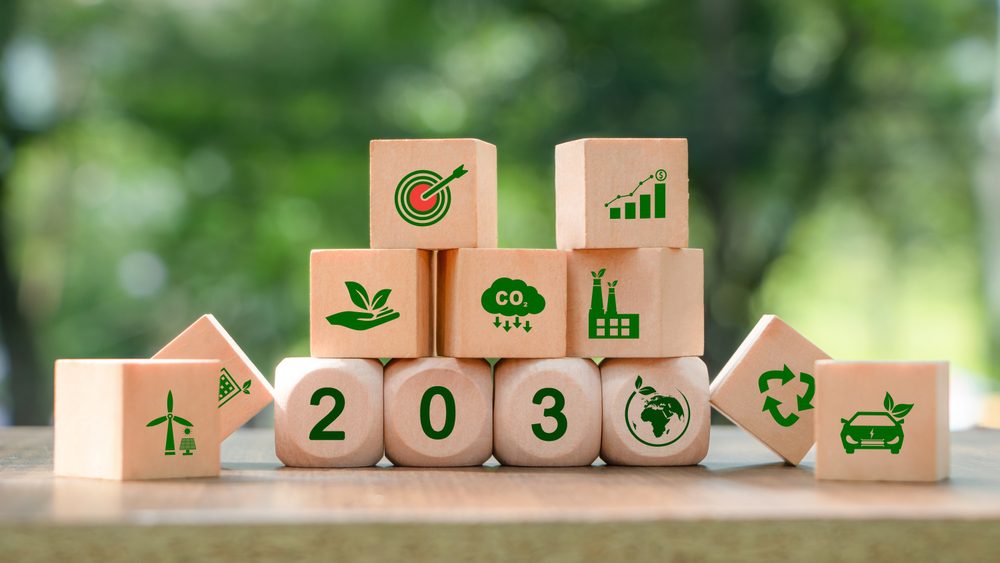
The majority of the European Union’s ambitious climate goals are “unlikely” or “very unlikely” to be met by the 2030 deadline, warns the European Environment Agency’s (EEA) new progress report published on Monday, December 18th.
The report, published every December, monitors the progress made on 28 “headline indicators” and their corresponding targets across eight priority groups. These include climate change mitigation, zero pollution, and biodiversity—all part of the EU’s 8th Environment Action Program (EAP), a strategic framework for climate policies to be implemented by 2030.
Of the 28 separate indicators, only five are deemed by the agency “very likely” to be achieved by the deadline, while another three are rated “likely but uncertain” at this point. A further 15 are seen as “unlikely” and five as “very unlikely” to be met by the end of the decade.
One of the primary objectives— the reduction of net greenhouse gas emissions by at least 55% compared to 1990 levels—is among the few that are likely to be met. On the other hand, increasing the share of renewables to 42.5% of Europe’s energy mix is unlikely to happen, while reducing overall energy consumption and decreasing the EU’s environmental footprint is “very unlikely” to be reached.
🆕The EU may not meet most of the monitoring targets outlined in the European Commission’s 8th #EnvironmentActionProgramme according to our EEA #monitoringreport out today – find out more: https://t.co/isRORAhcZE pic.twitter.com/RijpDBcaT6
— EU EnvironmentAgency (@EUEnvironment) December 18, 2023
The report pours cold water on the Brussels elite, particularly because it was published after nearly all the legislative components of the ‘European Green Deal’ were adopted and finalized in recent months, and taken into account by the EEA when drafting the plan.
The EU’s climate goals rely upon being realistic to implement and member states being willing to do so—both factors that appear to be lacking from the EU’s ideologically-driven green transition.
This is further evidenced by the European Commission’s new assessment reports on individual member states’ progress on five primary green energy objectives. Published on the same day, these include targets for decarbonization, energy efficiency, and green energy innovation.
Here too, the bottom line is that EU countries are off track for achieving the climate objectives that they were so keen to sign up to in principle, short- and long-term alike.
While the EEA’s report says the 55% greenhouse gas emission reduction is “likely but uncertain” to happen by 2030, the Commission’s own assessment estimates that the final figure will be only 51% without significant additional efforts on behalf of member states.
The Commission also warned that lingering fossil fuel subsidies across the bloc “remain a major obstacle to the clean energy transition,” echoing the EEA’s assessment that these government subsidies are “very unlikely” to be phased out by 2030.
In particular, the Commission reprimanded three countries for looking to continue using coal well beyond 2030. The countries include Romania, Croatia, and—unsurprisingly—Germany, as Berlin showed the entire world what not to do when trying to achieve net zero by closing down its last three nuclear power plants earlier this year.
The failure of member states to take the steps they agreed upon to reach these goals may signal an unwillingness to bear responsibility for the Green Deal’s negative effects on jobs, economic growth, and standard of living for ordinary Europeans.
